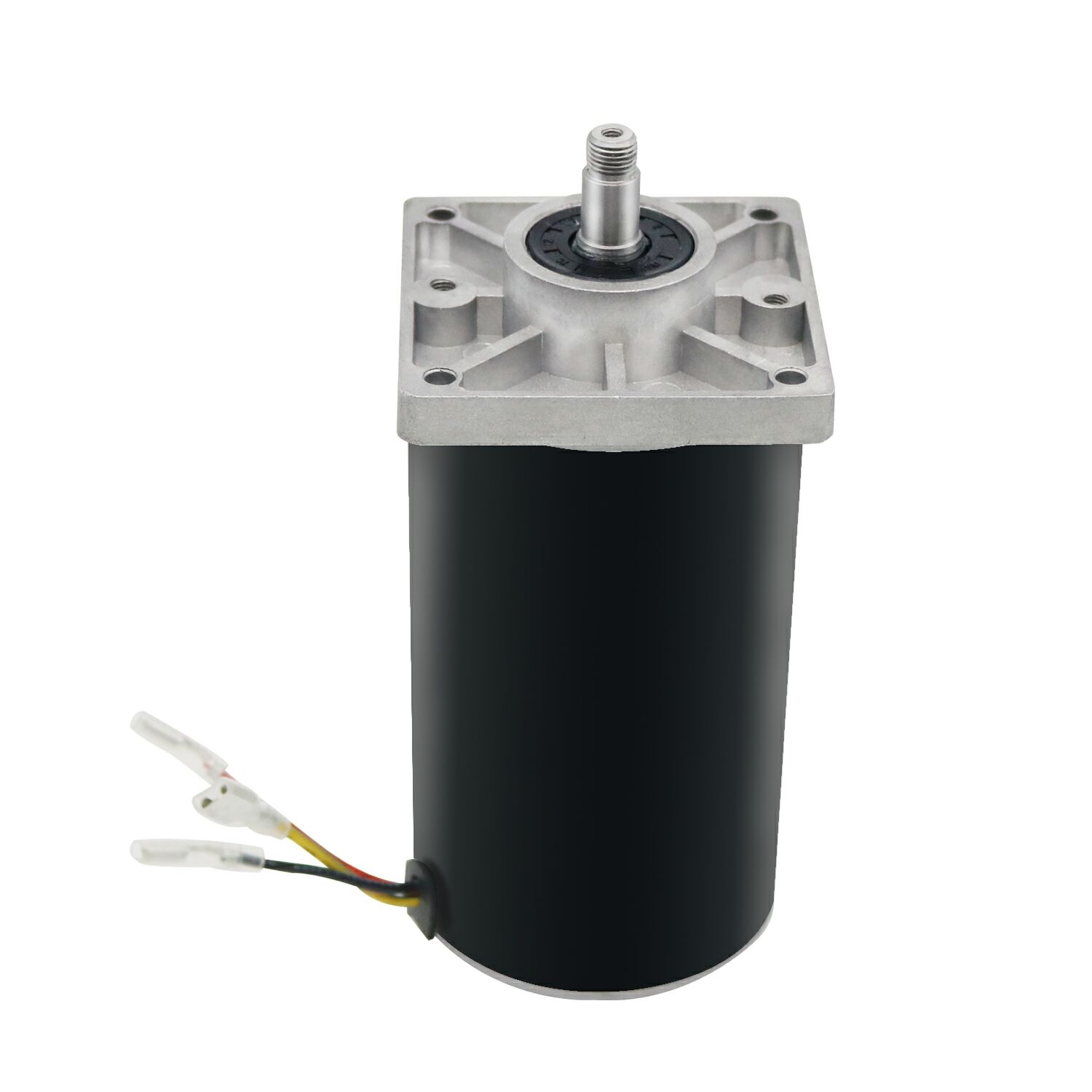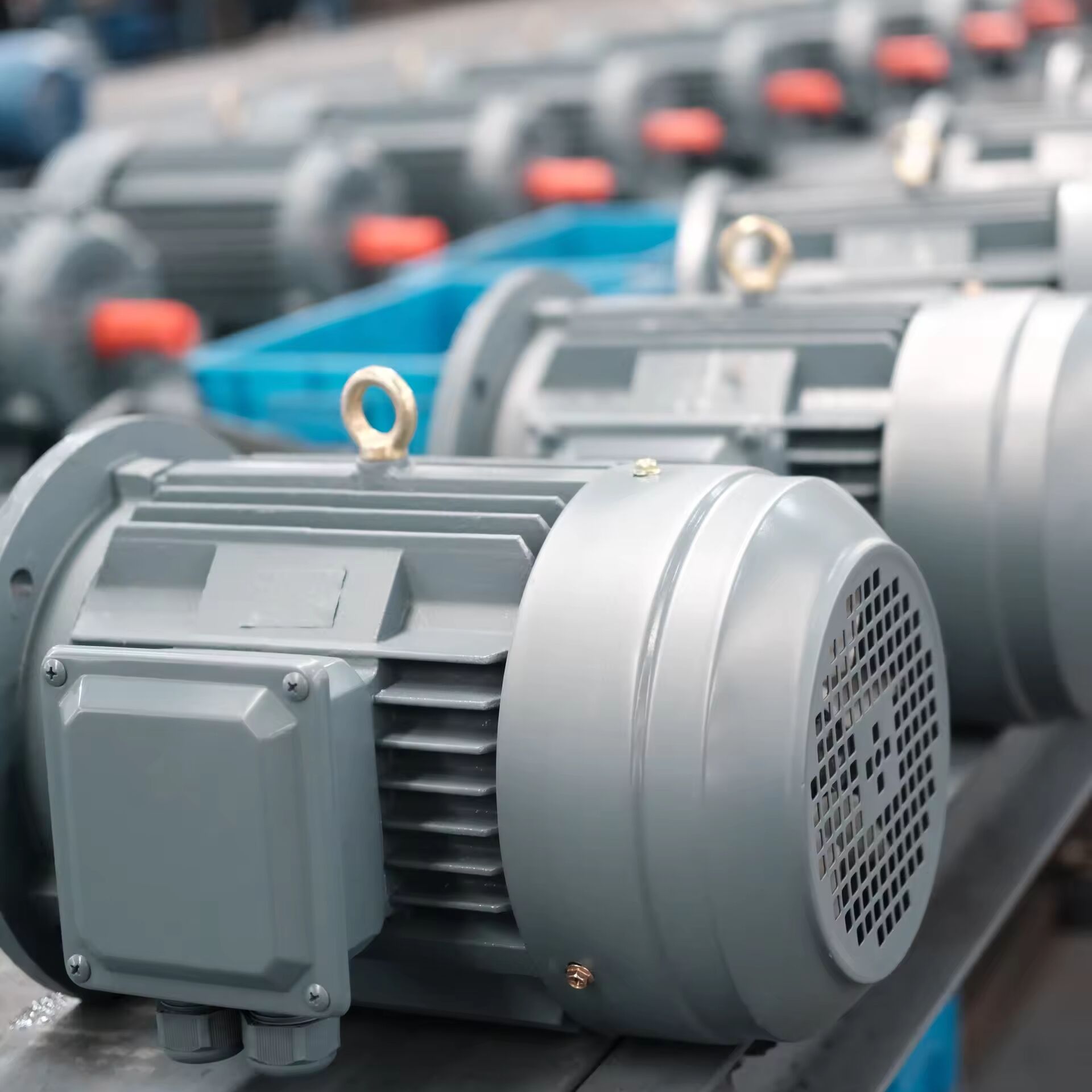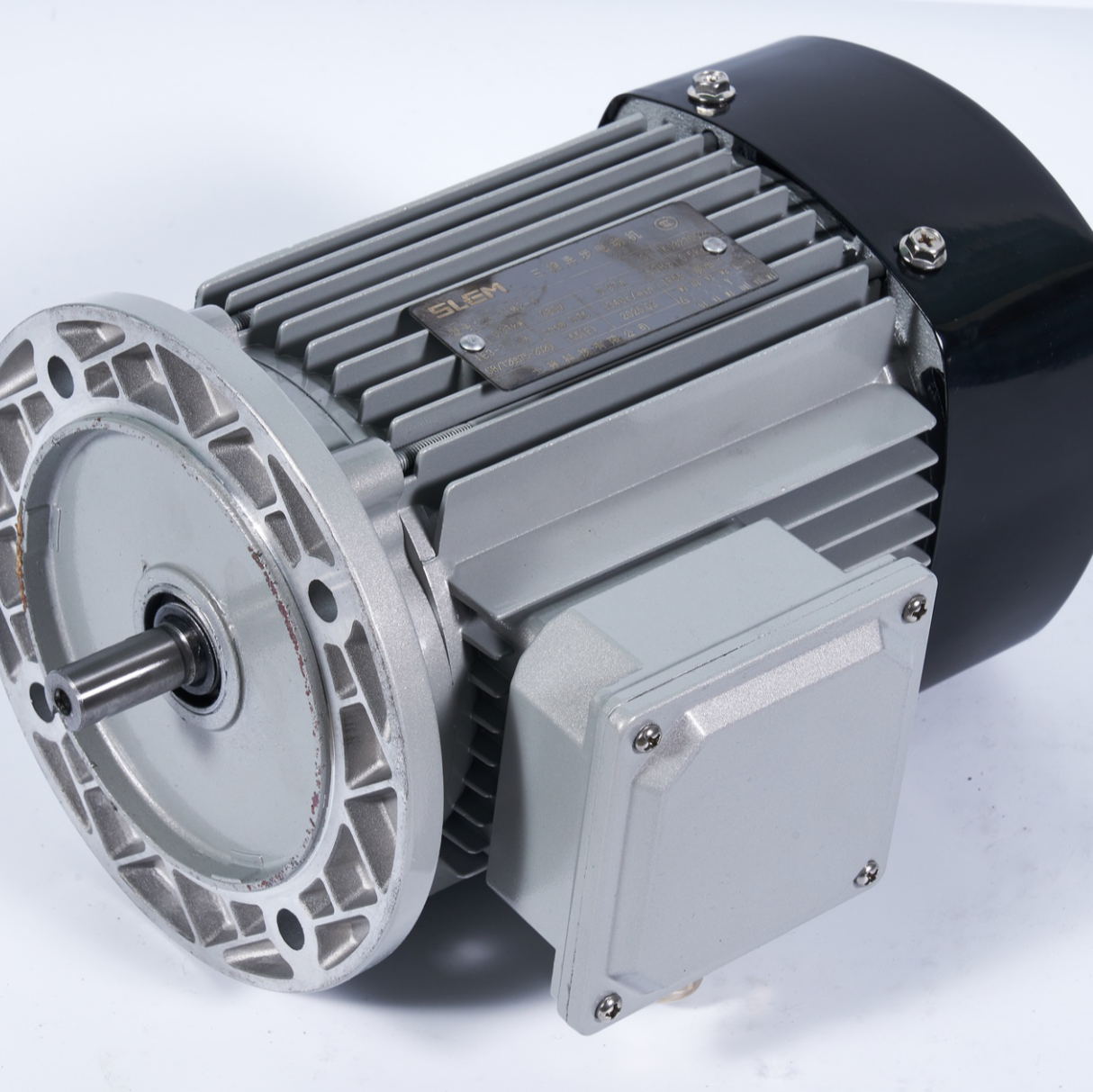vfds
Variable Frequency Drives (VFDs) are sophisticated electronic control systems that regulate the speed and torque of electric motors by adjusting the frequency and voltage of power supplied to them. These devices convert fixed frequency and voltage input power to variable frequency and voltage output, enabling precise control of motor operations. VFDs operate through a three-stage process: rectification, where AC power is converted to DC; DC bus filtering, which smooths the converted power; and inversion, which transforms DC back to AC at the desired frequency. Modern VFDs incorporate advanced features such as programmable acceleration curves, multiple preset speeds, and various control interfaces. They excel in applications ranging from industrial manufacturing and HVAC systems to water treatment facilities and renewable energy installations. The technology enables soft starting and stopping of motors, reducing mechanical stress and extending equipment life. VFDs also provide comprehensive motor protection features, including overcurrent, overvoltage, and thermal protection, ensuring safe and reliable operation. Their ability to match motor speed to process requirements makes them invaluable in energy-efficient systems, often achieving energy savings of 30-50% in variable torque applications.



